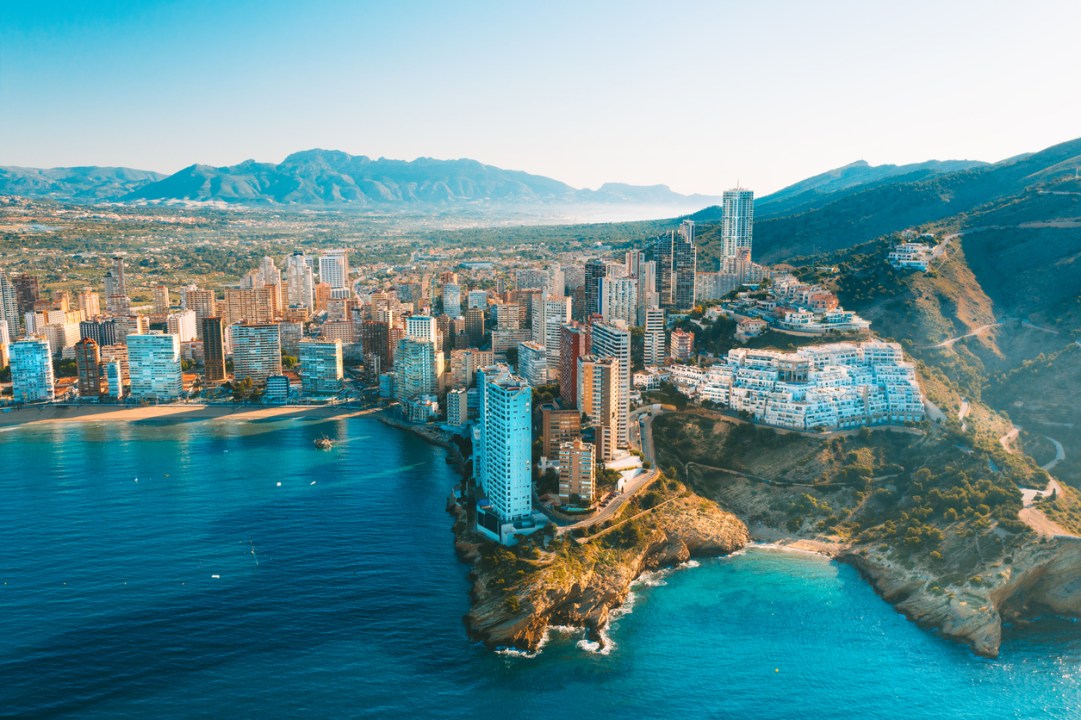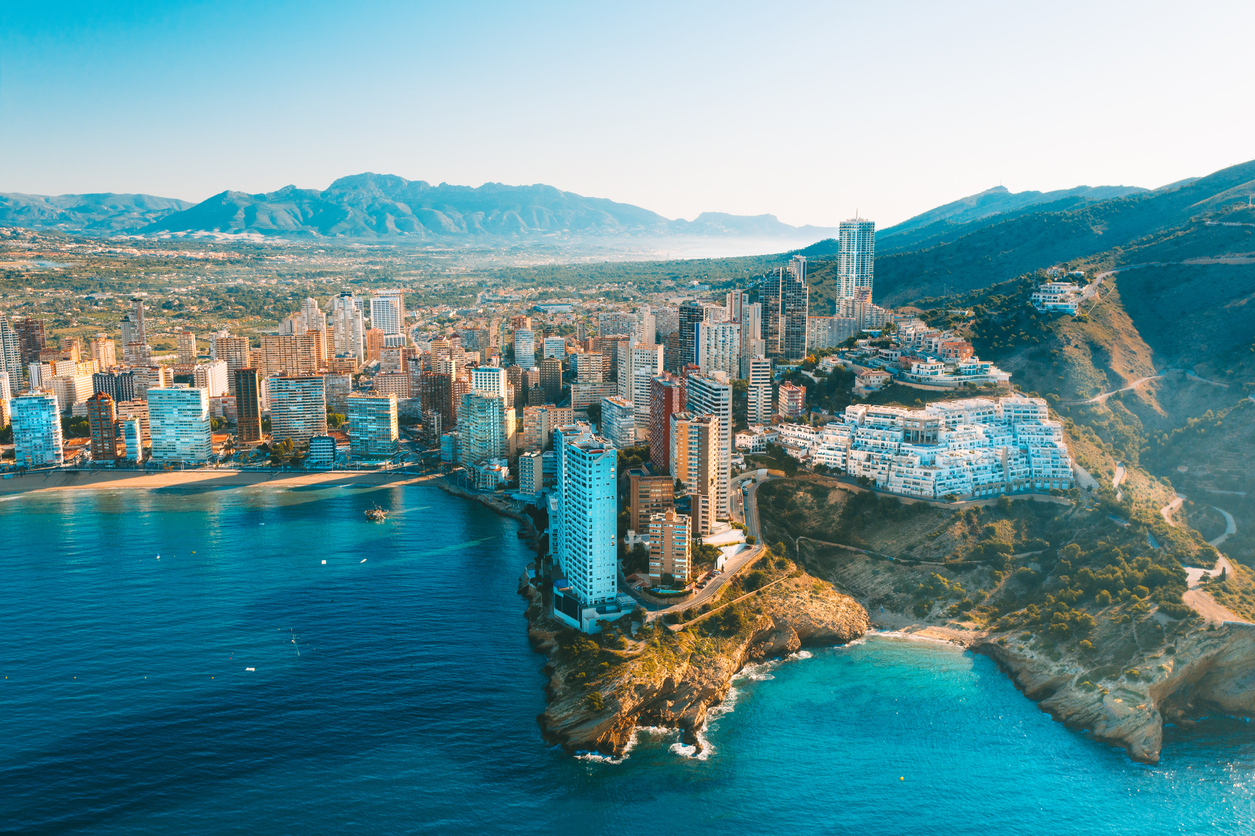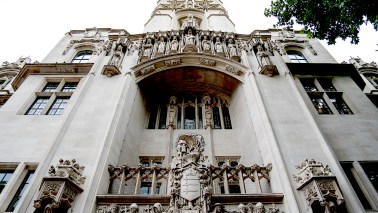Would you like to spend the winter in Benidorm? I guess it depends on the alternatives, but I wasn’t surprised recently to hear of a couple, both in their late-sixties, from Wolverhampton who spend January and February in the Spanish town. They’re not alone; last year over a million Brits chose Benidorm as a holiday destination.
Is success turning into excess? The locals in some tourist hotspots certainly seem to think so
It’s not just the Brits and Benidorm; tourism is booming throughout Spain. In 1954, when Spain began promoting package holidays, there were only one million foreign tourists. Last year there were 85 million and the forecast for 2024 is for up to a hundred million. Indeed, it seems likely that Spain may soon overtake France as the world’s most visited country.
One of Spain’s key industries, tourism is now generating about 13 per cent of GDP. William Chislett of the Elcano Royal Institute, an international affairs think-tank in Madrid, reports that ‘One in every four new jobs created in 2023 was in labour-intensive tourism.’
But is success turning into excess? The locals in some tourist hotspots certainly seem to think so. In cities like Barcelona, Madrid, Bilbao and Santa Cruz de Tenerife so many flats and apartments have been converted into short-term holiday accommodation that an average of a hundred local people now apply for each home that remains on the ordinary (‘non-tourist’) residential rental market. In the Balearics the figure is 142.
The Canary Islands, with a population of just over two million, received over 14 million visitors last year – nearly six million of them British. Tourism accounts for 35 per cent of the islands’ GDP and 40 per cent of employment. But locals say that thanks to all the tourist accommodation they can no longer afford to buy or rent in the parts of town where their families have always lived. They also blame ‘overtourism’ for the traffic jams, pollution, litter and noise, for overcrowding in Accident and Emergency Departments and for the degradation of the environment.
The Daily Mail reports that in Mallorca anti-tourist campaigners have been handing visitors leaflets reading ‘You’re not welcome!’ and carrying threatening placards: ‘Beware of locals, we are angry’. Holiday-makers have been heckled and harassed at beaches and beauty spots. In Malaga stickers read ‘A tu puta casa’, though it’s not clear if the tourists know that this translates as ‘Fuck off home’.
Politicians are scrambling to provide solutions. In Barcelona, where rents have risen by 70 per cent over the last decade, the mayor has pledged that there will be no Airbnb apartments in the city by 2029. In Madrid the mayor’s strategic plan for more sustainable tourism is summed up as ‘Redefinition, Redistribution, Regeneration’, a not very catchy slogan which turns out to involve the arrival of Formula 1, the promotion of the summer months when tourism falls, and new attractions that will take tourism out of the centre of Madrid.
Meanwhile for Benidorm (population 70,000) which received nearly three million visitors last year ‘overtourism’ is not a problem at all. Decades ago the town had a reputation for binge drinking and drunken louts, but today it’s clearly very much at ease with its role as a premier tourist destination. A sure sign of its quality is that many of those visitors are discerning Spaniards who know what they want; good Spanish food and wine are readily available at very reasonable prices.
Benidorm caters well for the over 50s. But there’s something for all ages: blue skies, wall-to-wall sunshine, kilometres of clean beaches, warm seas, water skiing, sports, exercise machines, bingo, a couple of sex shops, at least one decent bookshop, tattoo and piercing studios, LGBT-friendly venues, open air chess tables in the park near the town hall, Thai massages, seriously good cocktails, sangria, excellent regional paellas, and superb sunsets…
The reassuring presence of lifeguards and police, the evident concern for hygiene and cleanliness, and the lack of pretension go a long way towards explaining Benidorm’s enduring popularity. Certainly the ubiquitous ‘the customer comes first’ philosophy makes anti-tourist protests unthinkable. Holidaying in Benidorm in fact feels rather like holding the light blue set in Monopoly: good value for a modest outlay.
And the couple from Wolverhampton don’t even need to feel guilty about pricing locals out of the housing market: apparently they take their campervan.








Comments